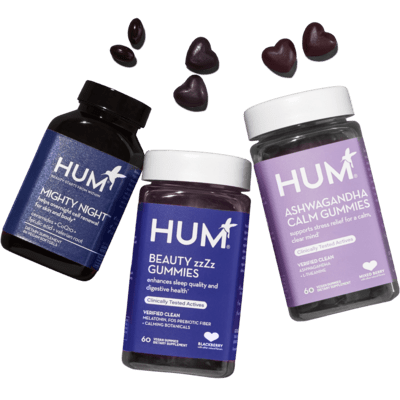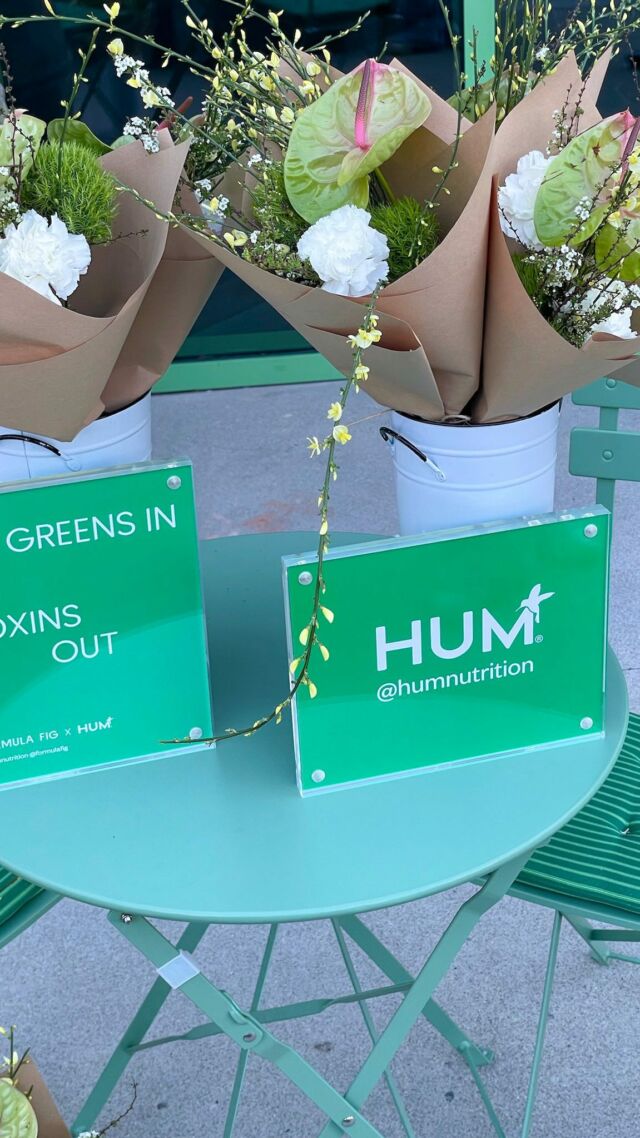Love a change in seasons, but hate the sneezing side effects? You’re not alone. Some estimates report that 10-30% of the global population suffer from seasonal allergies.
Here is what you need to know about why they happen. Plus, the steps you can take to support your body against them.








Why Seasonal Allergies Happen
When your body comes into contact with seasonal pollens, it mistakes the foreign stimuli for potentially dangerous bacteria. Your body then releases inflammatory chemicals which stimulate blood cells in the mucous membranes that swell and leak fluids in an attempt to protect itself. Enter, congestion and irritation. Symptoms of seasonal allergies may include:- a puffy face
- red watery eyes
- congested or runny nose
- dry skin
- chapped lips
8 Home Remedies for Seasonal Allergies
Here are a few home remedies to try and reduce allergy symptoms, naturally.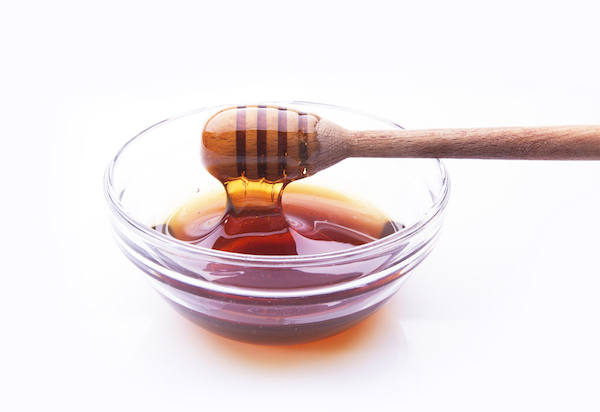
1. Honey
You may have heard that eating locally sourced honey will help your body build an immunity to airborne pollens in your environment. Sadly, the verdict is still out on this one. Doctors reason that it’s not guaranteed that the specific pollen that you’re having adverse reactions will be the same found in the honey—even if it’s local. Still, honey is naturally antibacterial, and taking a tablespoon can soothe and protect an inflamed and scratchy throat during allergy season. Try Manuka honey, made in New Zealand, which contains a higher concentration of antibacterial compounds than other types of honey.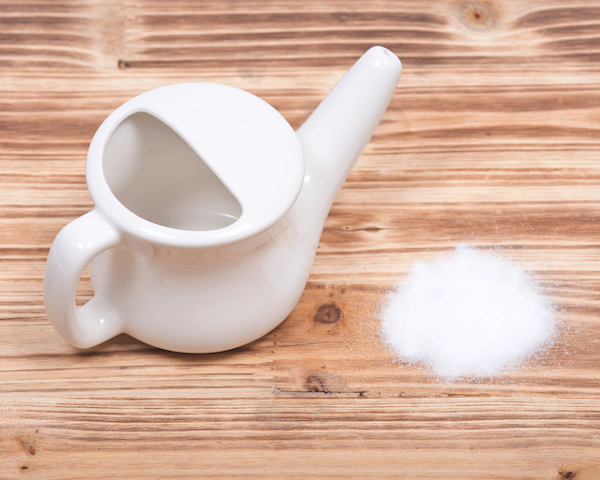
2. Neti Pot
Nasal irrigation has been on the rise for good reason. In one study, people suffering from chronic sinus issues reported a 64% improvement in symptoms with the use of a neti pot. Positive effects were also reported for those suffering from seasonal allergies with no adverse side effects.
3. Spring Cleaning and/or air filtration
A simple home cleaning may not only help to ease seasonal allergies, but also give you peace of mind. Although they are not seasonal, dust and pet dander (if you have a dog or cat) can further aggravate your seasonal symptoms. If you find that dust and dander accumulate quickly in your home, consider investing in a high-efficiency particulate air filter with your vacuum for maximum effect, or invest in a HEPA air purifier. Similarly, don’t forget to clean your makeup brushes! These can also accumulate dust and unwanted irritants and come into close contact with our sinuses.
4. Hydration
By now you might be sick of hearing about it, but let’s face it: Water will always factor into optimal health. This is also true when it comes to seasonal allergies. Studies show that dehydration contributes to increased inflammatory reactions from our immune system. With that said, be sure to adequately hydrate to protect yourself from aggravating symptoms.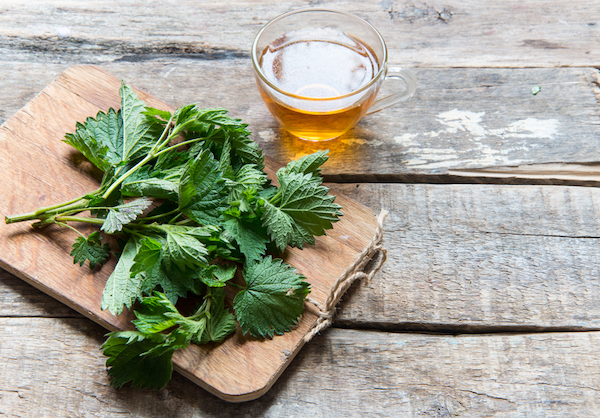
5. Stinging Nettle
In medieval Europe, stinging nettle was used to treat joint pain. Since then, research has revealed more about its anti-inflammatory benefits. In fact, some clinical studies suggest it may be even more effective than over-the-counter allergy medications. You can try brewing tea from fresh or dried stinging nettle to see if it alleviates your seasonal allergies.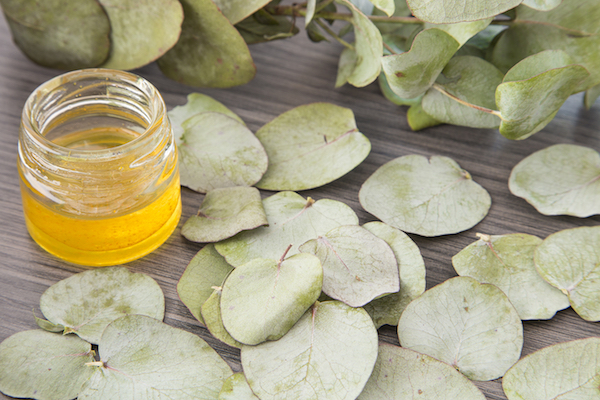
6. Eucalyptus Oil
Studies show this cooling essential oil has antimicrobial benefits. It’s also commonly used to open up the lungs and sinuses. Add it to a bowl of hot water and cover your head with a towel over the mixture for a two-in-one facial and respiratory clearing. You can also keep dust mites at bay by adding a few drops to your laundry.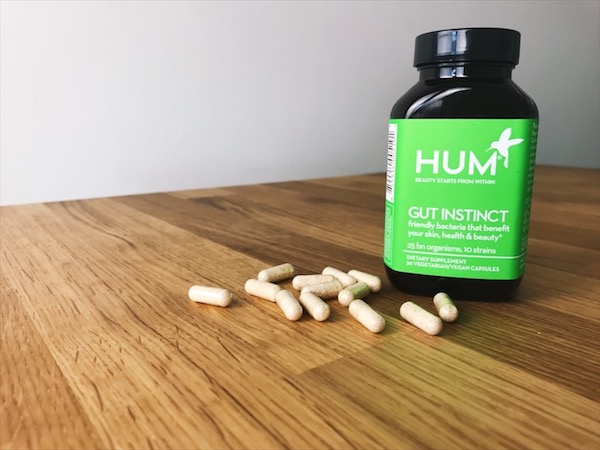
7. Probiotics
A review of 23 different trials with over 1,900 participants found that people with seasonal allergies who took probiotics showed improvements in symptoms. Be sure to choose a quality probiotic, as several factors can contribute to the efficacy of this tactic, including the variety and quality of bacteria in the mix. We’re partial to Gut Instinct, which delivers 25 billion organisms in each dose to support healthy digestion and immunity.
8. Acupuncture
Needles in your face might sound like the last thing you want to try to alleviate your stuffed-up sinuses. However, researchers saw a significant improvement in seasonal allergy symptoms with acupuncture in conjunction with medication, compared to those who took medication without any acupuncture. Likewise, other scientific reviews support the efficacy of acupuncture in treating seasonal and perennial allergies.More like this
